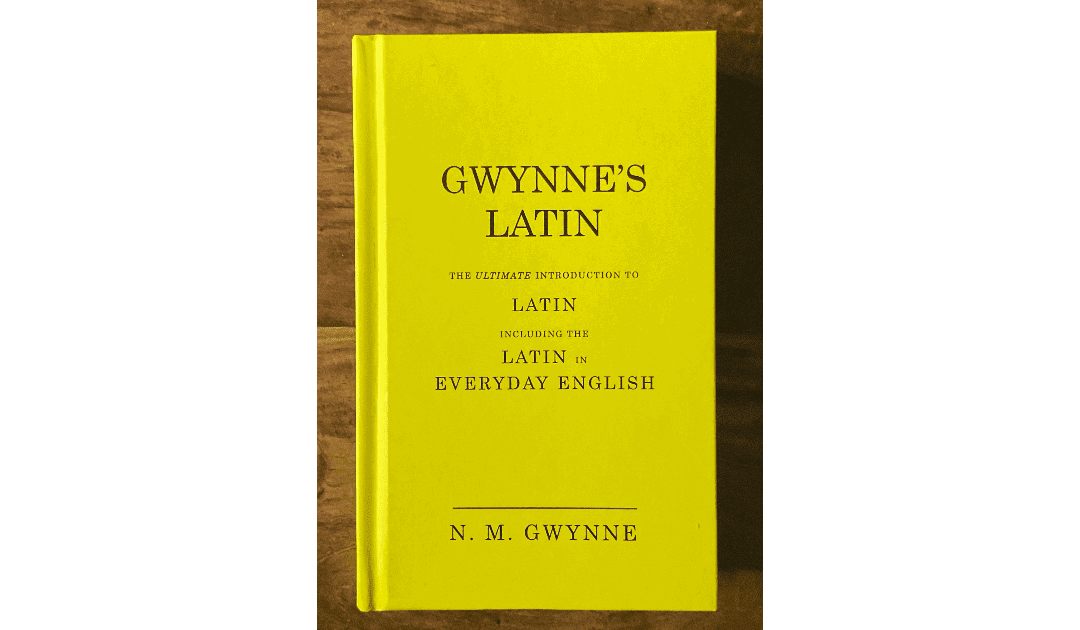While I was in Waterstones with Claire and found the book on rituals, I actually bought Gwynne’s Latin. I have unfinished business with Latin. On my first day at grammar school I was still talking for a few seconds after Mr Wilson shut the classroom door. I was promptly banished to a desk behind the filing cabinet from which I couldn’t see the blackboard. When my biology master entered the room, around seven weeks later, he asked why I was behind the filing cabinet, and Mr Wilson said he’d forgotten about me. Needless to say I didn’t learn much Latin. I switched to German in the second year, having learnt amo, amas, amat, amamos, amatis, amant (I’ve probably got that wrong) and nominative, vocative, accusative, genitive, dative, ablative (ditto).
I was under the impression that Latin was an entry requirement for Oxford and Cambridge so had never given either university any consideration. When I did particularly well in my mock A levels and was told that I must try for Oxbridge, I learnt that the requirement had been dropped years ago.
Decades later I did a modern languages degree with the Open University, and realised what an asset Latin would be to language learning. Mr Gwynne makes some extraordinary claims for Latin. Apparently John Paul Getty used to employ classicists to run his companies, not business graduates. When asked why, he replied that classicists sell more oil. He also states that in the 1980s a study in Indianapolis found that 400 eleven-year-olds who had been receiving daily Latin lessons performed significantly better than a group, who had been doing the normal curriculum, not only in reading and spelling, but also maths and science.
I’m currently studying Italian using Babbel for our next holiday, but I shall start studying Gwynne’s Latin, and see if it helps. Perhaps it will help my writing too. I used some Latin yesterday in my fifth book of the Sir Anthony Standen Adventures, and I have barely started.

